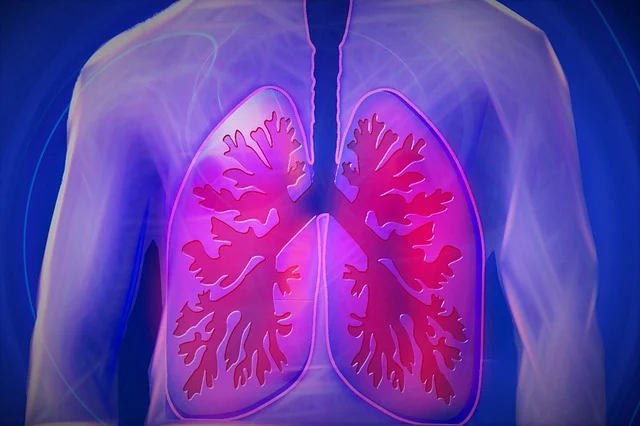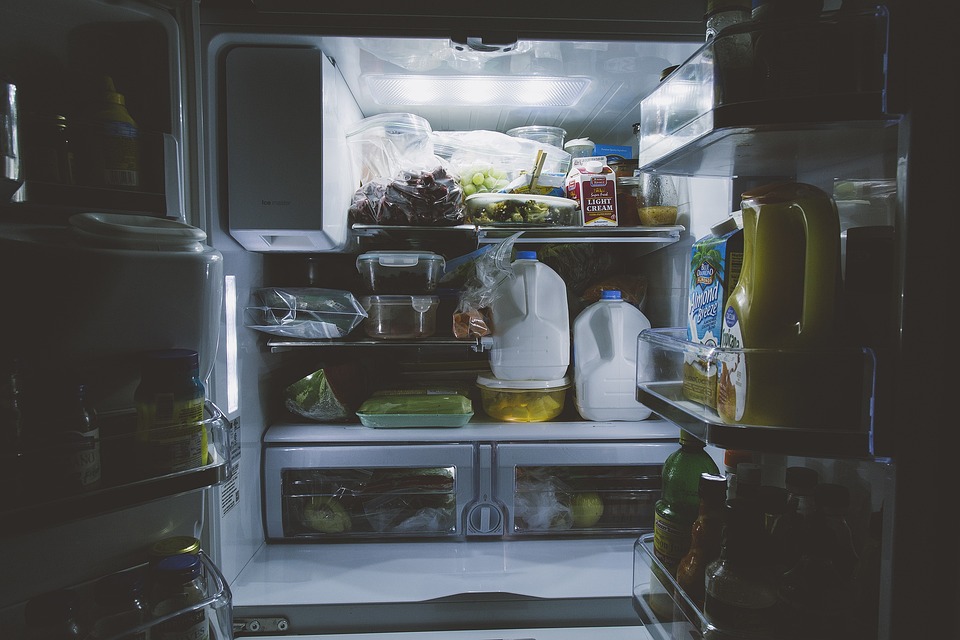Lung inflammation is a widespread issue that affects millions of people worldwide. Immune cells respond to these factors by gathering in the affected area, triggering inflammation. While this response is vital against threats, it can lead to the accumulation of debris within the lungs, which can have fatal consequences.
Immune cells, particularly macrophages, play a critical role in clearing the lungs of accumulated debris. Nevertheless, there are instances when these cells become overwhelmed and struggle to manage the volume of waste. As a result, this can lead to prolonged inflammation and harmful effects on lung health.
Training Immune Cells to Clear Lung Debris
In a study conducted at the University of Illinois Chicago, researchers delved into the regulation of lung inflammation. They discovered that these immune cells can be trained to enhance their capacity for clearing lung debris. This procedure involves exposing these cells to a specific molecule called interferon-gamma (IFN-gamma). This molecule, produced by other immune cells, aids in activating macrophages, thereby boosting their effectiveness in eliminating debris.
Promising Results: Diminishing Inflammation and Preserving Lung Health
Research indicates that exposing immune cells to IFN-gamma improves their ability to clear lung debris, offering the potential to reduce inflammation and preserve lung health. This technique holds promise for addressing various lung conditions, including asthma, COPD, and cystic fibrosis.
By enhancing macrophage efficiency and training immune cells to clear lung debris, there is potential to alleviate inflammation and safeguard lung function. As further investigations unfold, novel treatments for lung diseases are expected to emerge, positively impacting the lives of countless individuals affected by these conditions.







